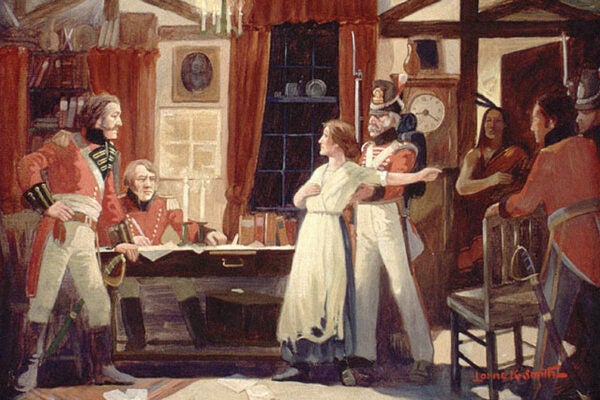Seventy-five years ago, on the morning of December 7th, 1941, the Japanese attacked the U.S. naval base at Pearl Harbor in the Hawaii Territory. In President Roosevelt’s address to Congress asking for a declaration of war, he called it a “day which will live in infamy.”
The Japanese hoped that the 184 aircraft in their first wave of attack would strike a paralyzing blow. They hit 24 American warships, including eight battleships (four of which sunk), destroyed several hundred aircraft, and killed 2,403 people. The blow, however, was far from paralyzing.
The attack has been called the worst military disaster ever suffered by the U.S. But political scientist John Mueller argues that, militarily, the attack was more of “an inconvenience than a catastrophe” for the U.S. He echoes the Navy Department’s official analysis: the attack only “temporarily disabled every battleship and most of the aircraft,” most of which were soon back in service or replaced many times over. Six of the eight damaged battleships actually saw service again. Only two ships hit at Pearl were complete losses.
The salvaged battleships—the youngest was 20 years old—mattered little in context of the unprecedented American industrial-military expansion unleashed by the war. Superior replacements in great numbers soon flooded the Pacific, where aircraft carriers were becoming infinitely more important than battleships in the new era of naval warfare. For airplanes, the situation was similar: in 1942, the U.S. produced 47,836 military aircraft, compared to Japan’s 8,86l.
The Japanese utterly failed to cripple the American navy. Some have argued that the attack was engineered to gain time for the simultaneous Japanese attacks on U.S. bases on the Philippines, Guam, and Wake, as well as on the British positions in Malaya, Singapore, and Hong Kong. Mueller and others respond that the U.S. was in no way prepared to fight those battles yet.
Admiral Chester W. Nimitz, appointed chief of the Pacific Fleet just weeks after the attack, would later thank God that the antique fleet had been in Pearl Harbor rather on the open sea confronting a modern Japanese fleet. He felt the losses would have been far greater in those circumstances.
Mueller does go on to argue that “disaster” is a fitting word to describe Pearl Harbor if you look at the strategic and political consequences. It was certainly a monumental disaster for Imperial Japan. As an attempt to defeat the will of the American people, the attack “was phenomenally successful in its shock effect, but the shock was exactly the opposite the Japanese hoped for.”







